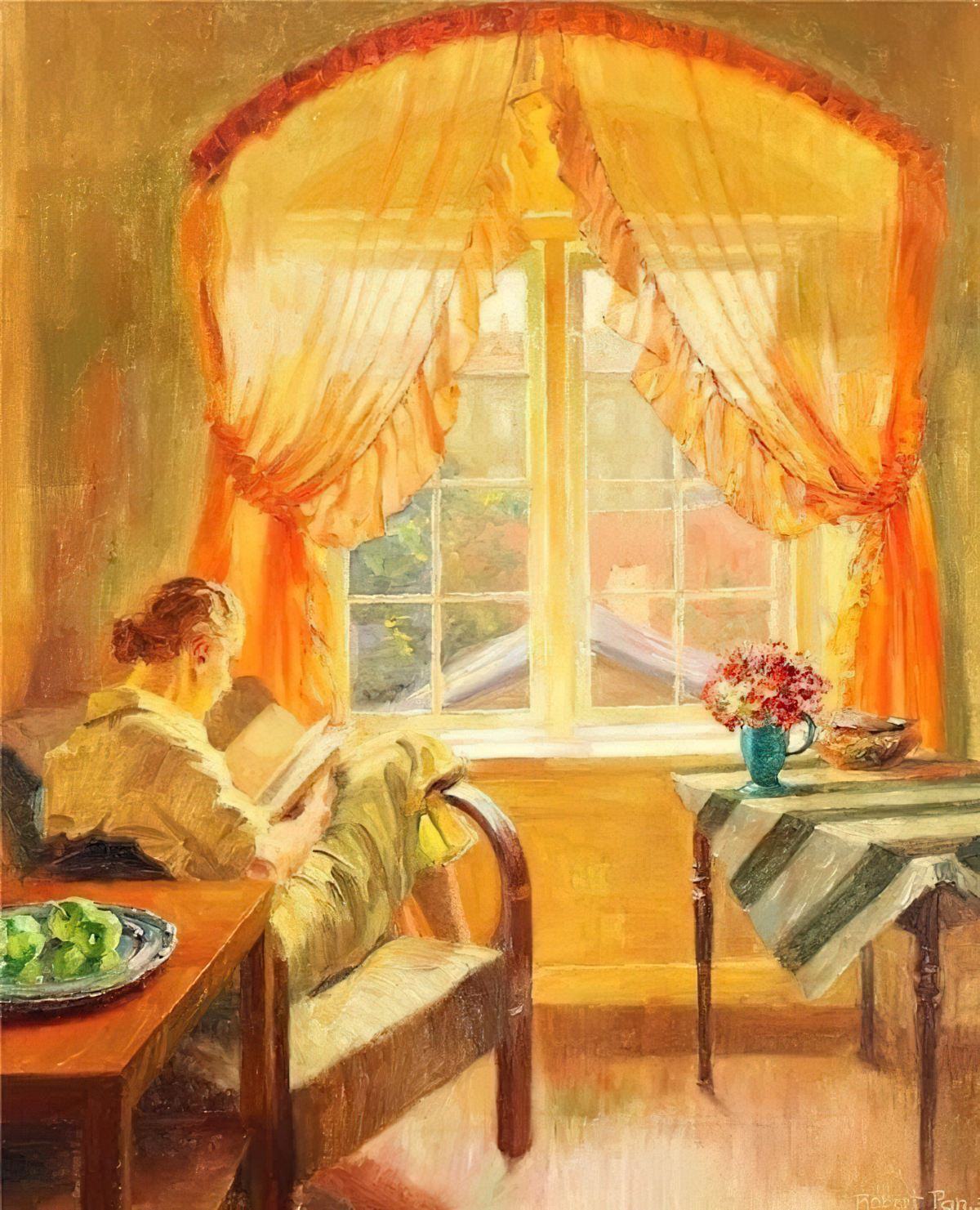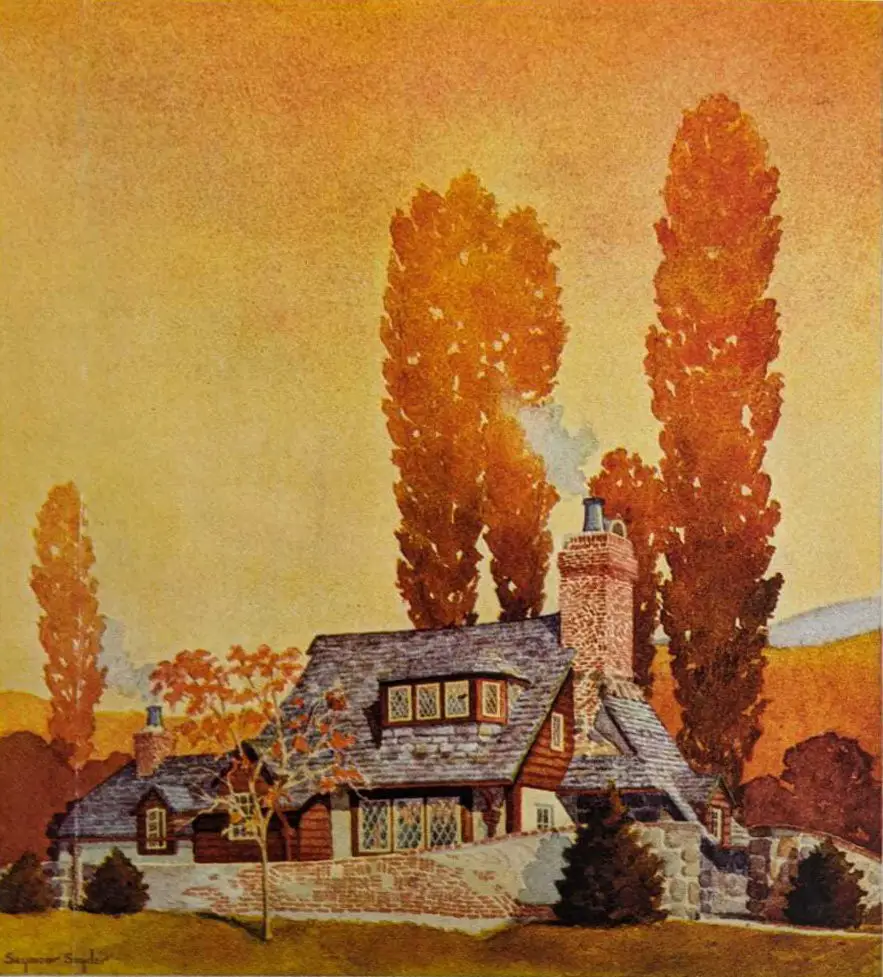-
The Cosy House and Barn

Home is important to all of us and perhaps even more important to young readers. This is why the mythic journey when it occurs in children’s literature is more commonly known as the home-away-home story — unless a child moves house at the beginning of the story they most often explore alone for a while […]
-
Drawing While Listening To Audiobooks After Dinner
Highly recommended for young fidgeters.
-
Mercy Watson Goes For A Ride by diCamillo and Van Dusen
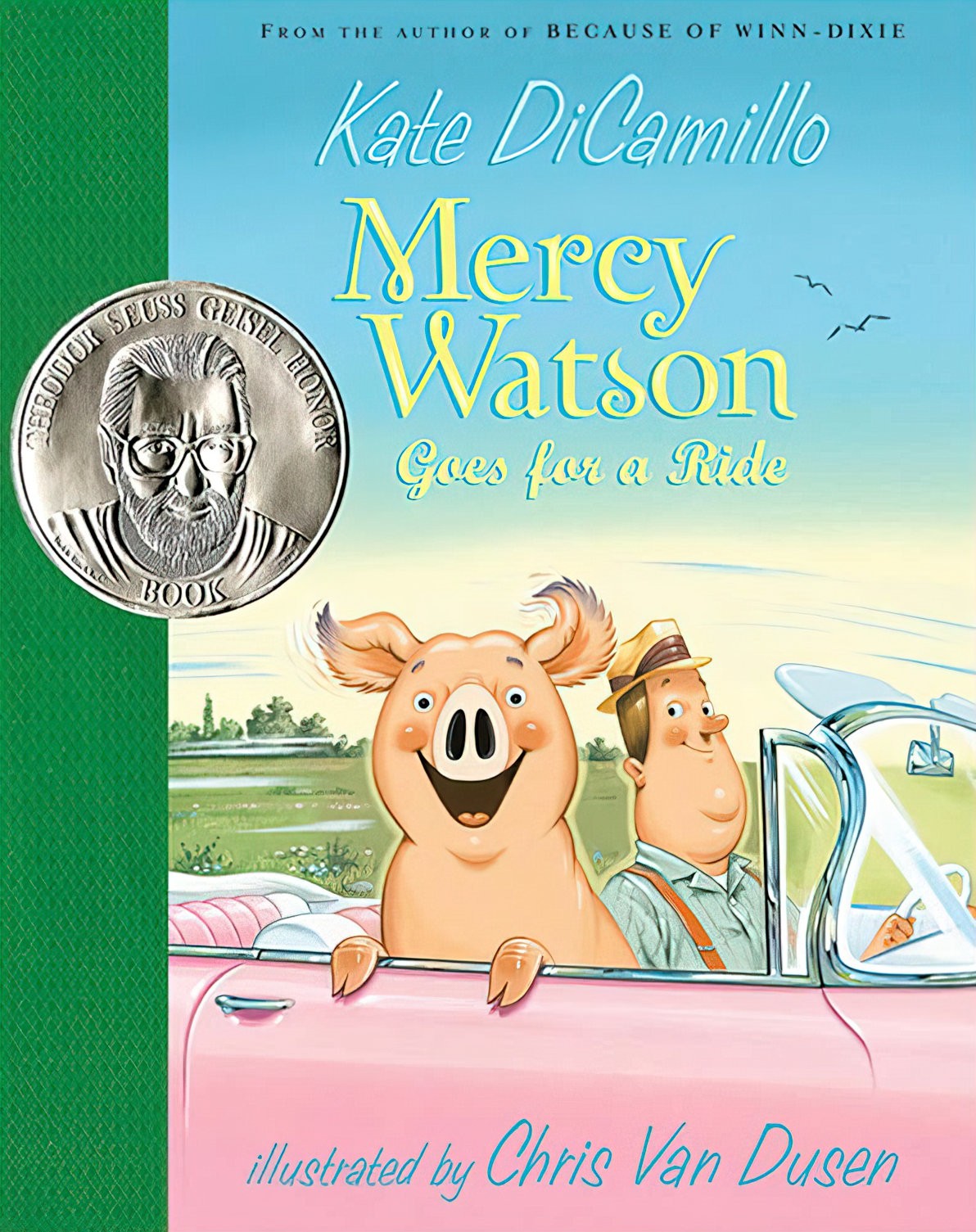
If you’re looking for a chapter book to bridge the gap between beautifully illustrated picturebooks and pictureless novels, the Mercy Watson series is a great option, because the illustrations are just as enticing as any found in a high-production picture book.
-
The Rats In The Walls by H.P. Lovecraft Analysis
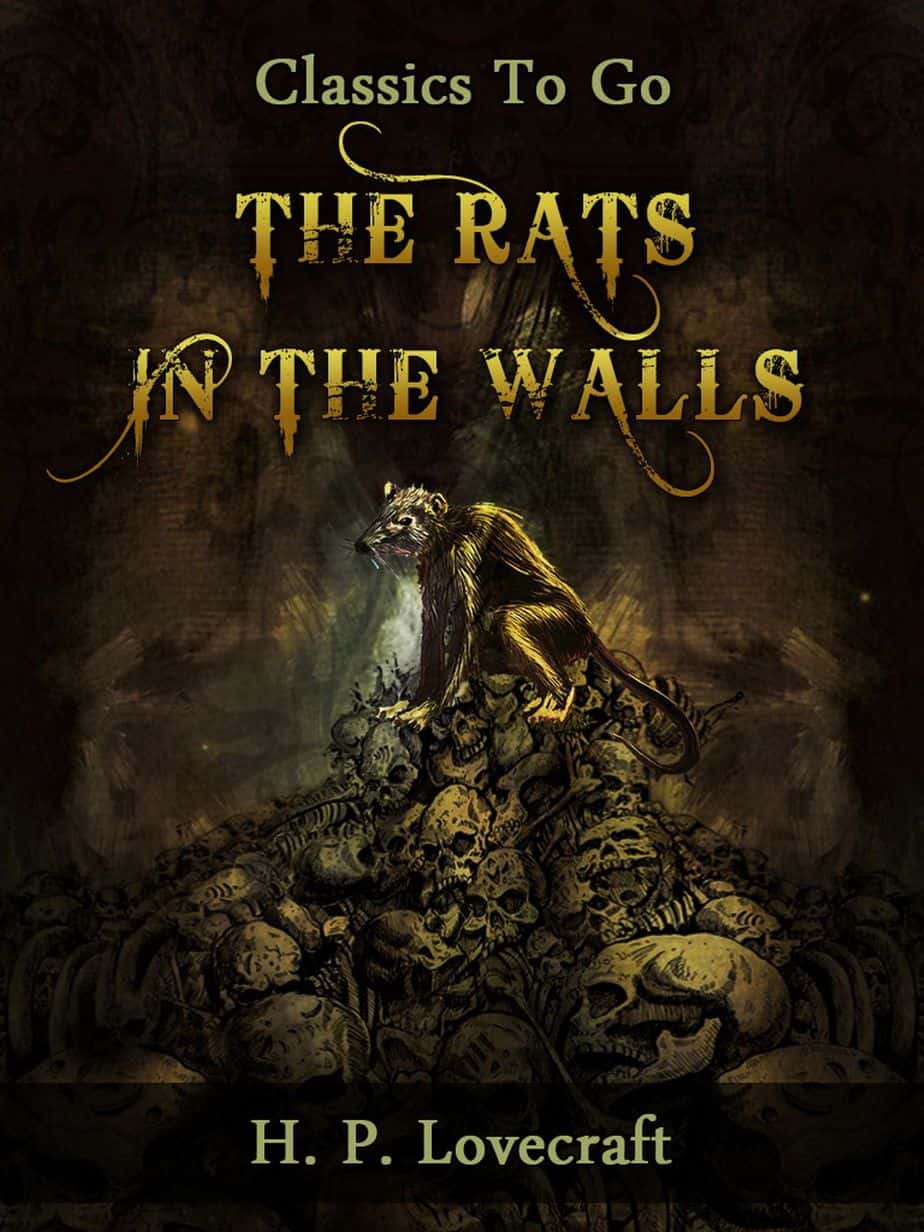
If you’re a fan of Renovation Rescue or Extreme Makeover: Home Edition and think you’ve seen some good horror stories, you might consider turning brief attention to the story of H.P. Lovecraft, and I don’t actually mean his tragic life story in which he only achieved fame after an early, lonely death; I’m talking about […]
-
The Role Of The Chimera In Storytelling
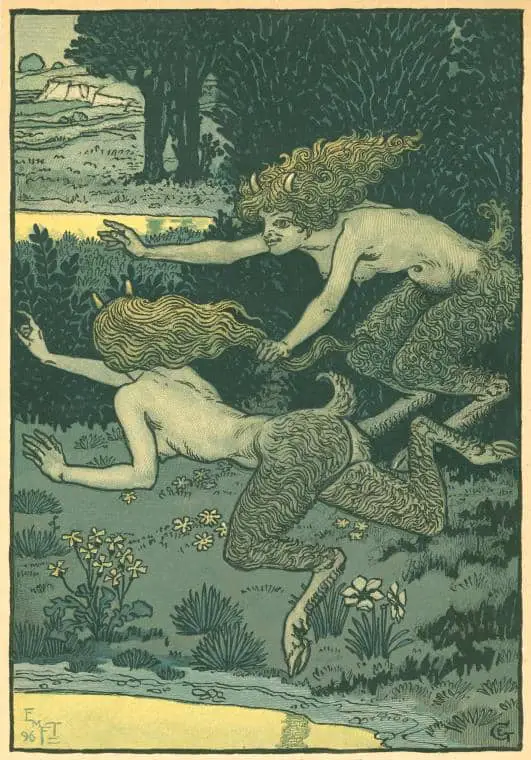
Before modern science took hold, when humans were still trying to classify everything we saw around us, people really did believe in the chimera. Take the example of the Scoter duck. No one could decide whether this bird was a bird or a fish. he Abbe of Vallemont even took it out of the bird category and put it in…
-
The Wolves In The Walls by Neil Gaiman and Dave McKean Analysis
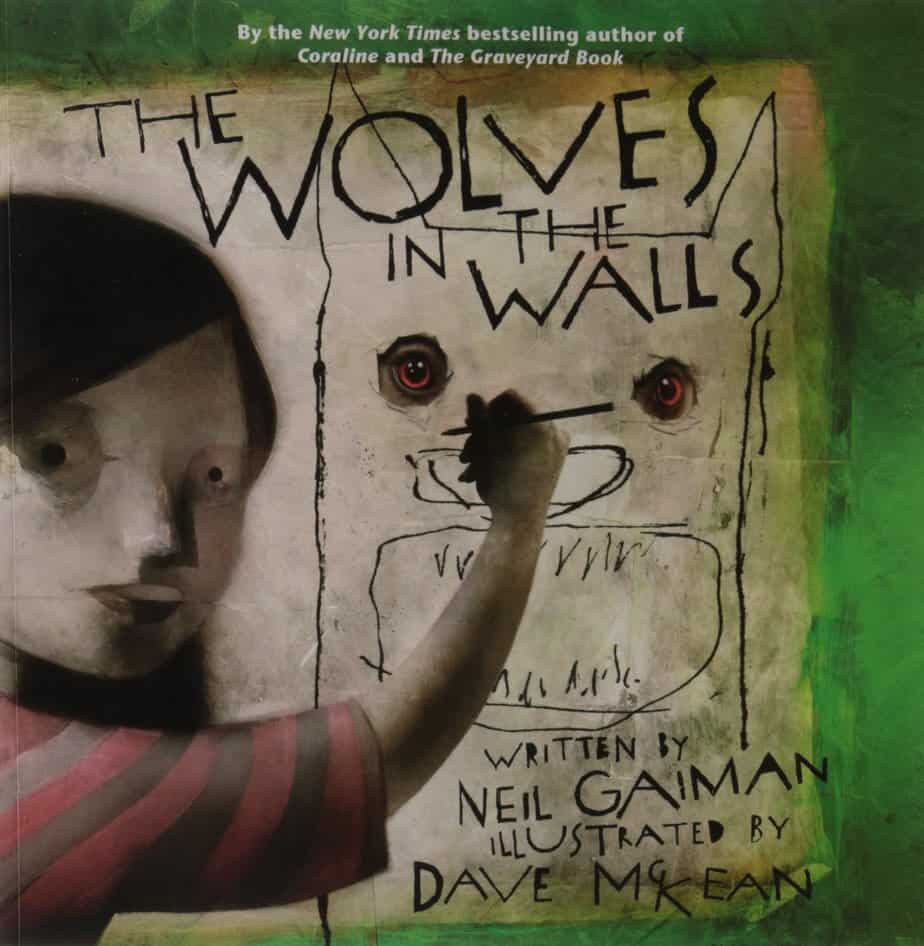
**UPDATE LATE 2024** Neil Gaiman is an abuser. If this is news to you and you’re skeptical, here is a link roundup. Tortoise was the first (semi) mainstream outlet to give voice to one of Gaiman’s victims. Unfortunately, Tortoise is funded and owned by a notorious anti-trans bigot, so even though I listened to the […]
-
Lesson Plan: Write Your Own Urban Legend
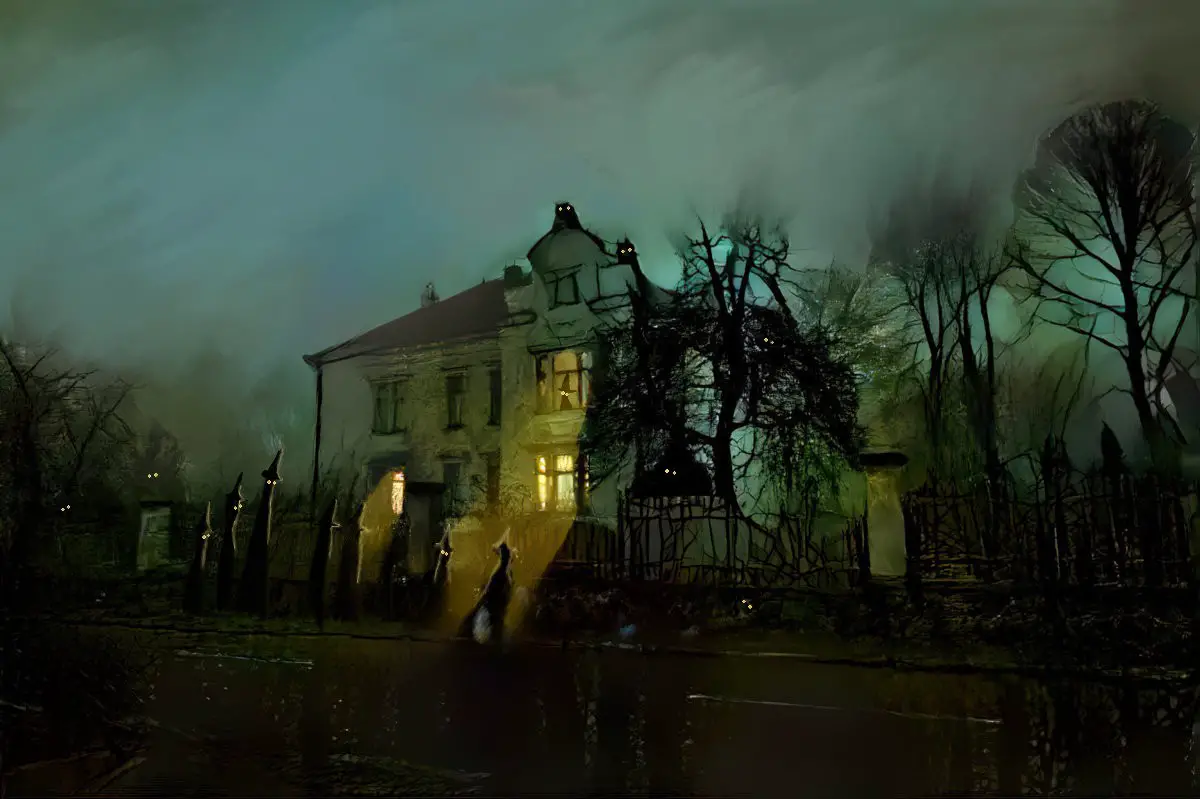
AIM: Students will create an original story as an homage to a classic urban legend.
-
The Dark by Lemony Snicket and Jon Klassen Analysis
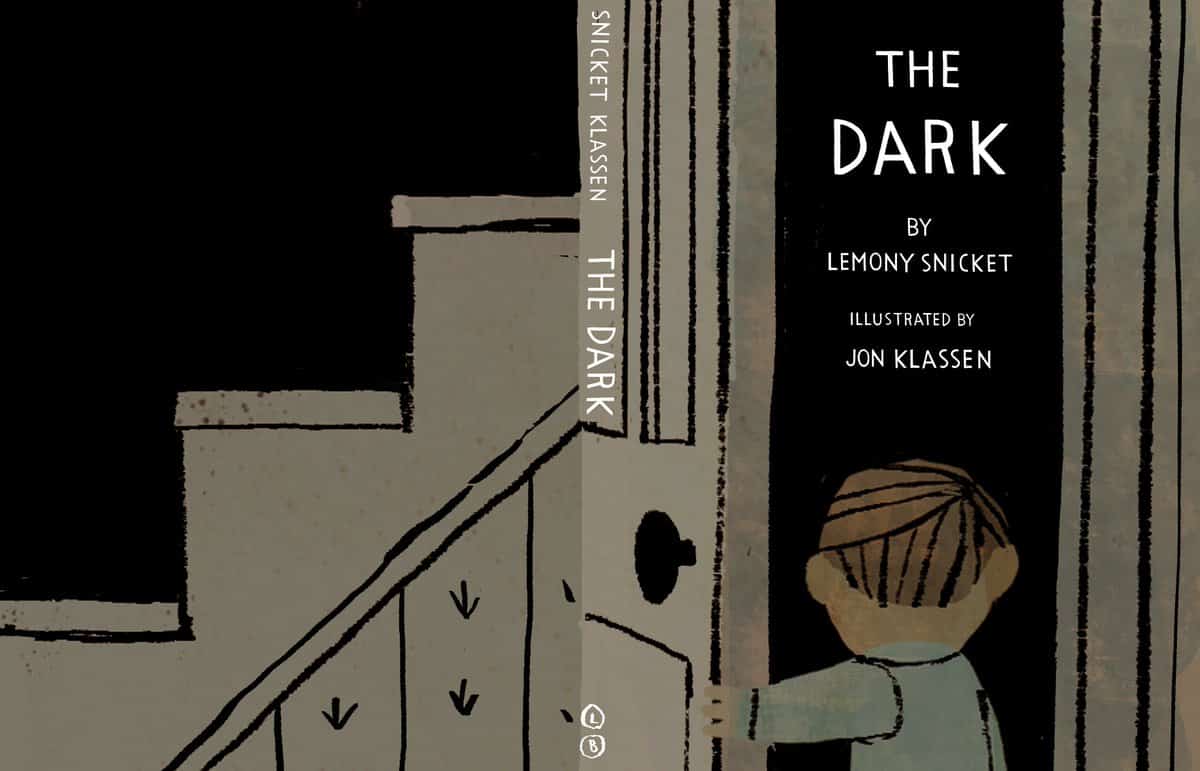
The Dark is a picture book written by Daniel Handler, illustrated by Jon Klassen. A boy faces his fear of the dark in an archetypal dream house. WHAT HAPPENS IN THE DARK? Shortcoming/Need Psychological Shortcoming: “Laszlo was afraid of the dark.” In children’s books, characters don’t need a moral shortcoming. (In other words, a child character […]
-
Some Things Are Scary by Florence Parry Heide and Robert Osborn Analysis
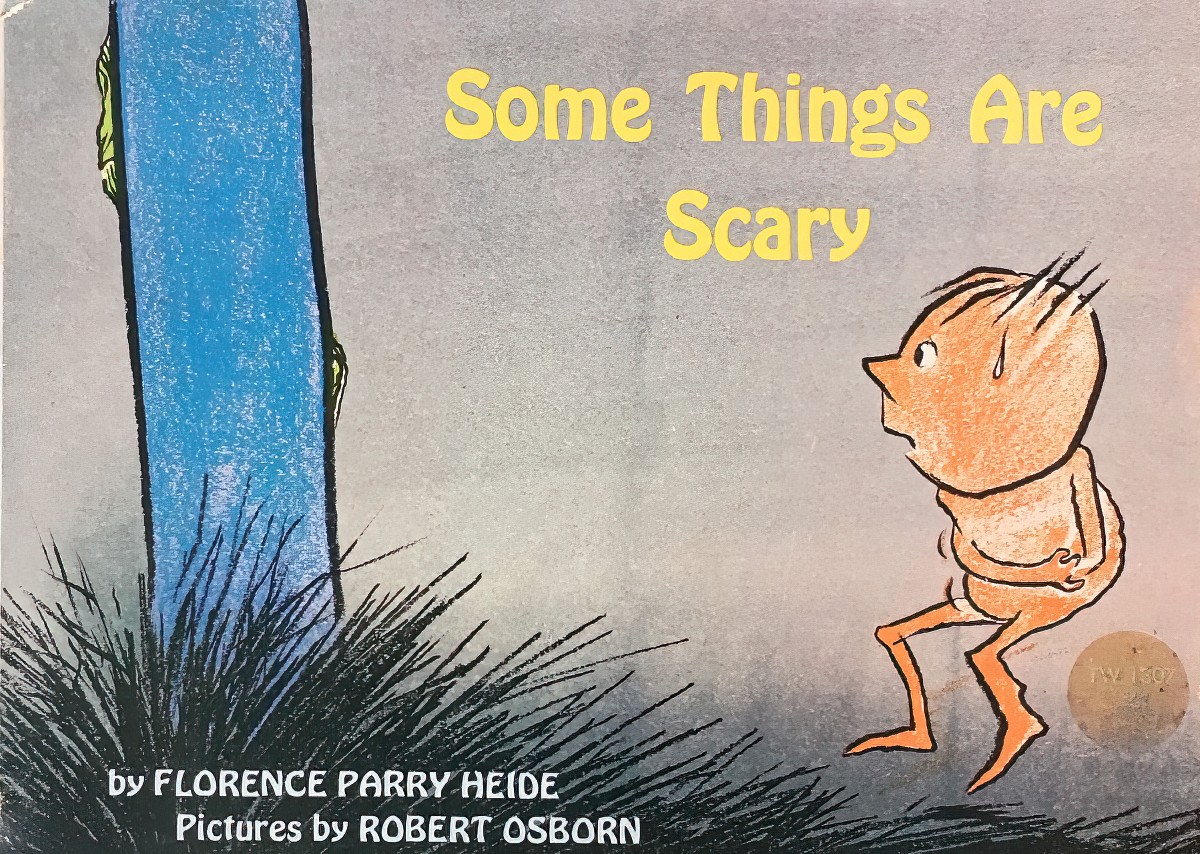
Some Things Are Scary is a favourite from my own childhood, and now that my daughter loves it just as much, I appreciate its timelessness. This book would make an excellent mentor text for a classroom of young writers. They might use the structure to create their own story about scary things. I only have the […]
-
Blackdog by Levi Pinfold Analysis
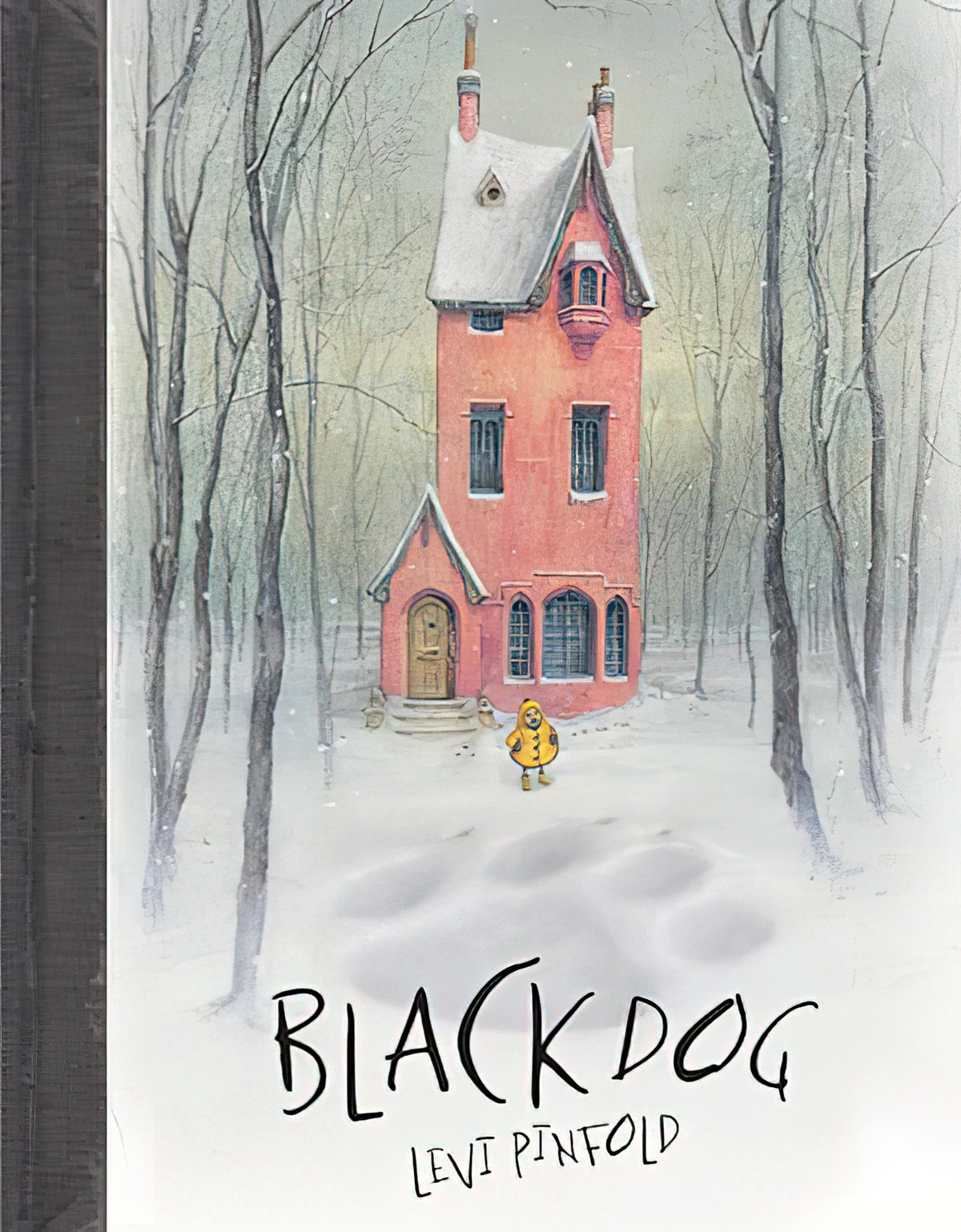
Anyone who has ever seen a huge unfriendly dog standing right outside their glass door will know how frightening it can be. Pinfold takes that fear and now we have Blackdog.
-
Why is the horror genre so popular?
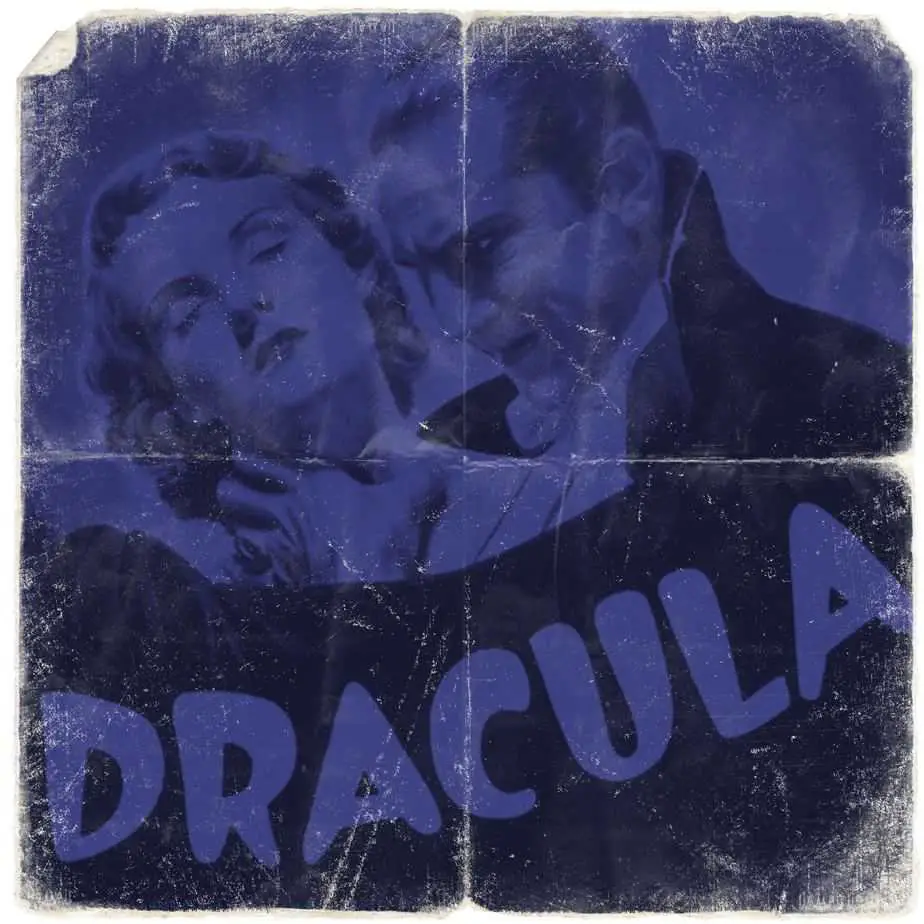
We like to be scared. Rather, fear sends a rush of adrenaline, and we like that. Scratch that. Maybe it’s the relief we feel once the rush of adrenaline is over. For the same reason, social media can be addictive. That rush when we hear a reply coming back from a tweet? That rush is […]
-
The Mechanical Behaviour Of Fussbudgets In Comedy
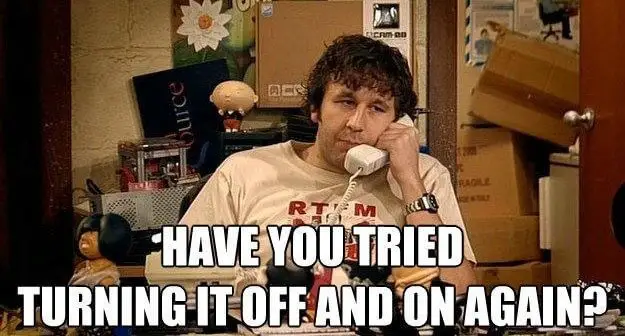
Fussbudgets, sticklers, officious types, whatever you want to call them — comedy gold. An essential component of the fussbudget is mechanical behaviour. We’ve all had run-ins with them, which makes the comedy aspect universal. MECHANICAL BEHAVIOUR ON SCREEN This gag plays out especially well visually, so you’ll see it in many films and TV shows. […]
-
What Is A Flâneur? What Is A Dandy?
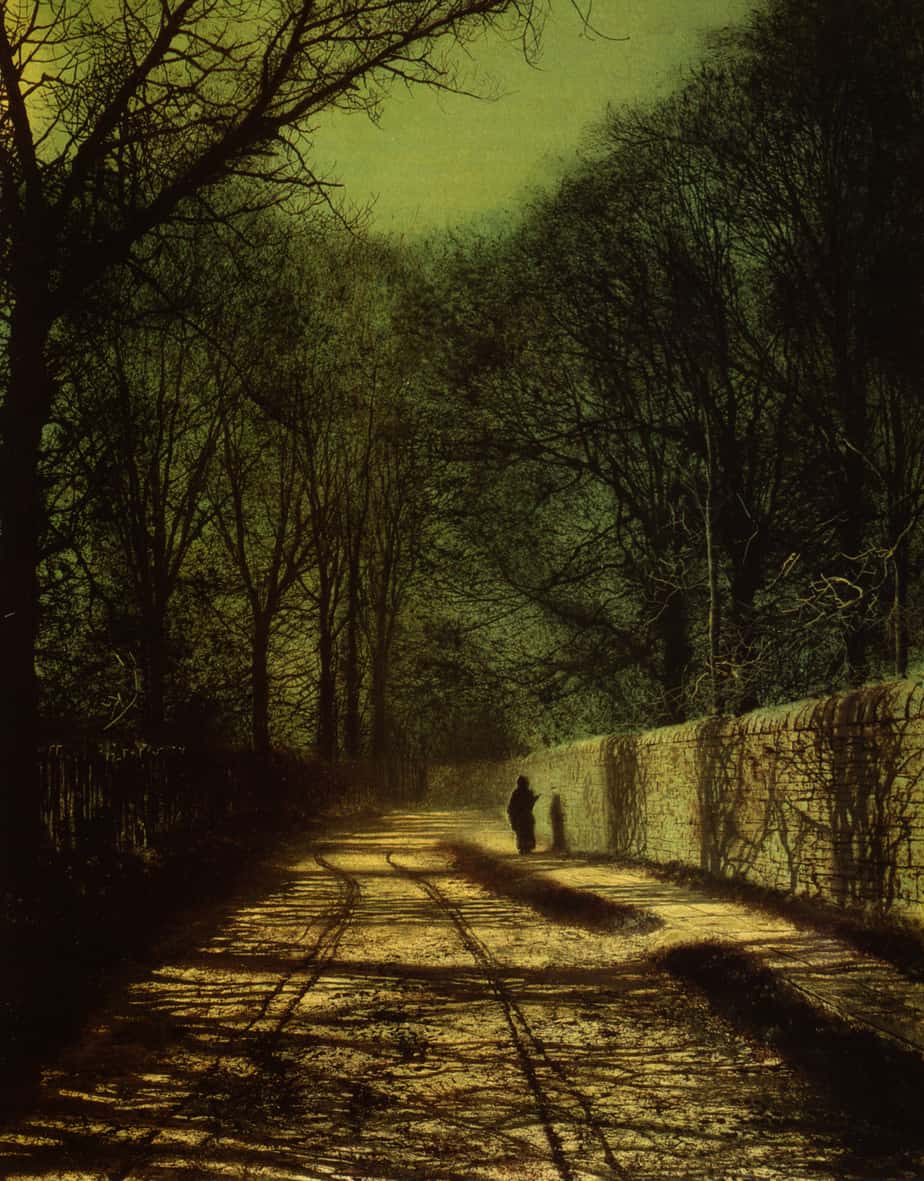
As described by James Wood in How Fiction Works, the flâneur is the loafer, usually a young man, who walks the streets with no great urgency, seeing, looking, reflecting. Flânerie describes aimless behaviour. In French it’s spelt like this: flâneur. Wood also uses the great phrases ‘porous scout‘ and ‘Noah’s dove‘ to describe this authorial stand-in. […]
